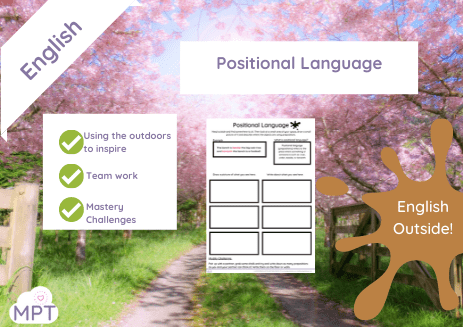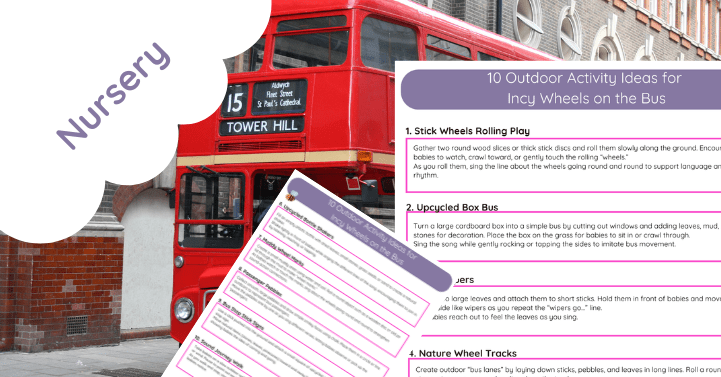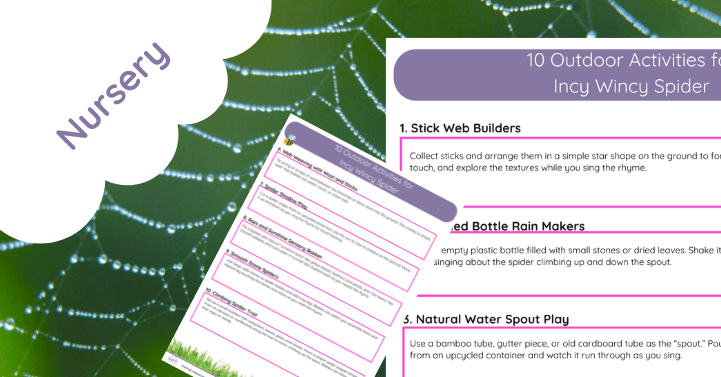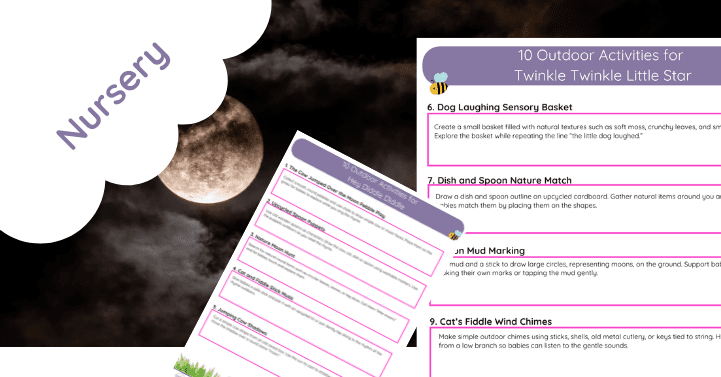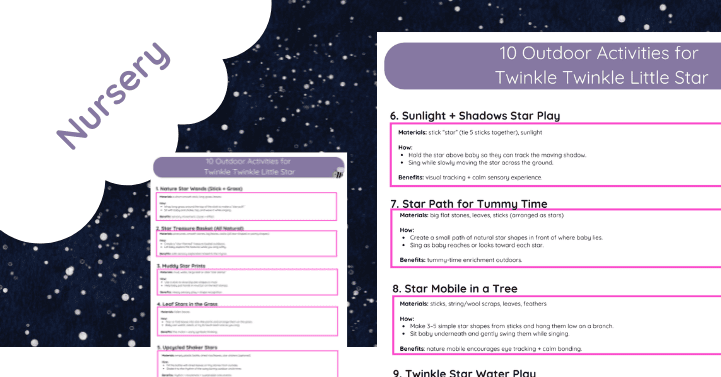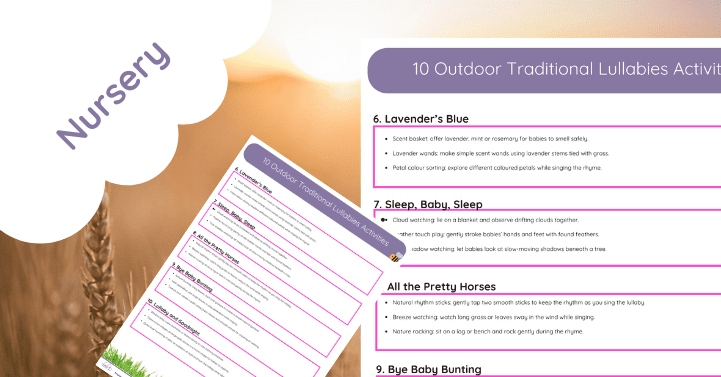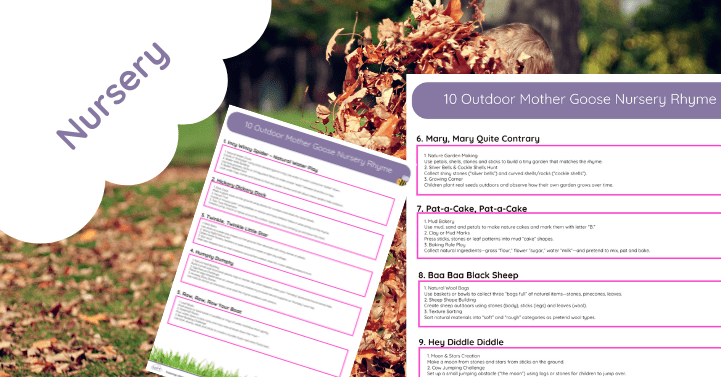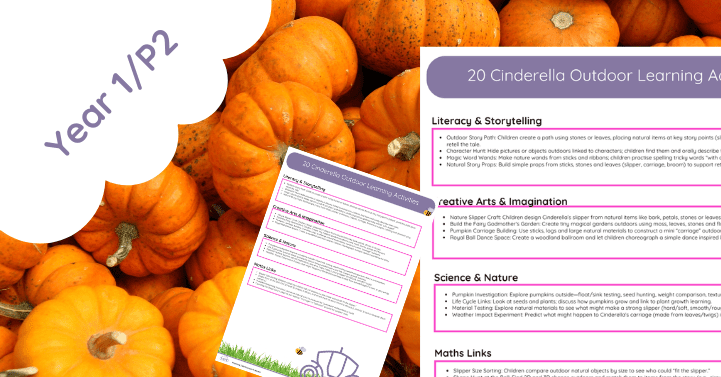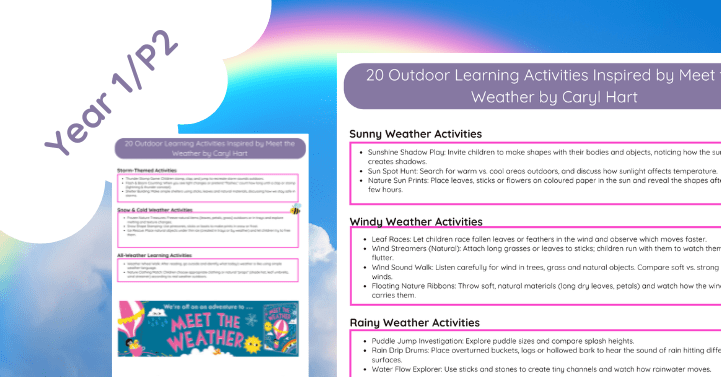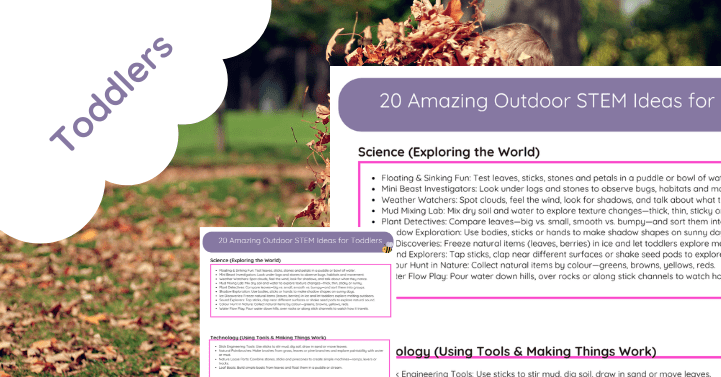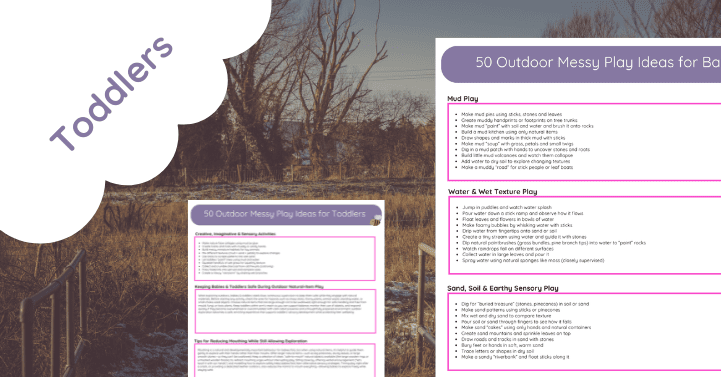Exploring Positional Language Outdoors in EYFS
Teaching positional language is a fundamental part of the Early Years Foundation Stage (EYFS) curriculum. Positional language includes words like “above,” “below,” “next to,” “in front of,” and “behind,” which help children describe the location of objects and their relation to other objects. Using the outdoor environment to teach these concepts can make learning more dynamic and engaging. This blog will explore various strategies for teaching positional language outdoors, highlighting resources and the Muddy Puddle Teacher (MPT) approach.
Benefits of Outdoor Learning for Positional Language
Enhanced Engagement: Being outdoors can captivate children’s interest and make learning more enjoyable. The natural environment provides a variety of real-world contexts to apply positional language.
Physical Activity: Outdoor learning encourages movement, which can help reinforce positional language as children physically move objects or themselves to different positions.
Sensory Experience: The diverse sensory stimuli in an outdoor setting can enhance children’s understanding and retention of new vocabulary.
Activities to Teach Positional Language Outdoors
1. Nature Scavenger Hunt
Activity: Organize a scavenger hunt where children have to find items based on positional clues. For example, “Find a leaf that is under the tree” or “Look for a rock that is next to the bench.”
Resources:
2. Obstacle Courses
Activity: Set up an obstacle course where children must navigate using positional instructions. For example, “Go around the tree, then crawl under the rope.”
Resources:
3. Storytelling with Natural Objects
Activity: Use natural objects like sticks, leaves, and stones to create stories. Encourage children to place objects in specific positions relative to each other. For example, “Place the stick under the leaf.”
Resources:
4. Positional Games
Activity: Play games that require understanding and using positional language. Games like “Simon Says” with positional commands can be both fun and educational.
Resources:
Integrating the Muddy Puddle Teacher (MPT) Approach
The Muddy Puddle Teacher (MPT) approach emphasizes outdoor, hands-on, and sensory-rich learning experiences. Here are some MPT resources to help integrate positional language learning outdoors:
- Outdoor Maths Lessons
- Nature-Based Learning Activities
- Seasonal Outdoor Activities
- Interactive Learning Games
- Forest School Techniques
Conclusion
Teaching positional language outdoors in EYFS can significantly enhance children’s learning experiences. The natural environment provides endless opportunities for exploration and application of new vocabulary in meaningful contexts. By incorporating activities like scavenger hunts, obstacle courses, storytelling, and games, educators can make learning positional language fun and engaging. The Muddy Puddle Teacher approach offers additional resources and techniques to further enrich outdoor learning experiences.
For more information and resources, explore these external links:
- Outdoor Classroom Day
- Nature Explore
- Council for Learning Outside the Classroom
- Forest School Association
- Project Learning Tree
- National Wildlife Federation: Schoolyard Habitats
- TeachEngineering: Outdoor Learning
- Environmental Education Research
- U.S. Forest Service: Benefits of Nature
- Children & Nature Network
- Edutopia on Outdoor Learning
- Smithsonian Science Education Center
- National Trust: Outdoors for Schools
By leveraging these resources and integrating the MPT approach, educators can create a dynamic and effective learning environment for teaching positional language in EYFS. Happy teaching!


